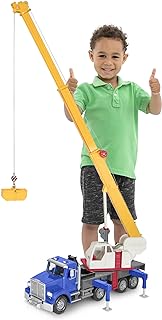Forgive the ignorance here but I want to connect the coaxial digital Out from a DVD player or CD transport to my amp.
Does the cable need to be a “dedicated” digital coaxial cable, or is anything suitable provided it fits?
It looks as though one of the digital coaxial inputs on the back of the amp is a regular RCA type fitting, so question is whether a regular RCA cable (that one would use for an analogue signal) would work fine?
Does the cable need to be a “dedicated” digital coaxial cable, or is anything suitable provided it fits?
It looks as though one of the digital coaxial inputs on the back of the amp is a regular RCA type fitting, so question is whether a regular RCA cable (that one would use for an analogue signal) would work fine?


